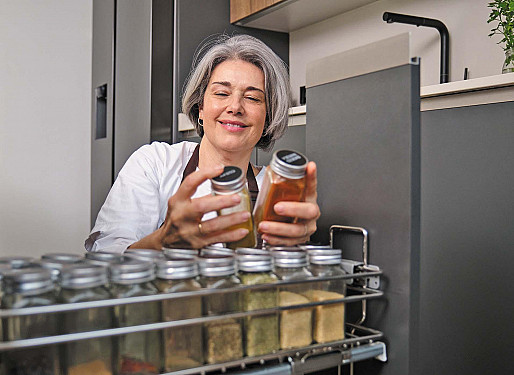A salad a day keeps stroke away?
Research we're watching

Image: © pilipphoto/Thinkstock
New research suggests that eating plenty of nitrate-rich vegetables — such as lettuce, spinach, and beets — may lower your risk of dying of a stroke or heart attack.
During digestion, your body converts nitrates into nitric oxide. This compound relaxes and widens blood vessels, which helps lower blood pressure. But does that translate to a longer life? To find out, researchers studied the diets of 1,226 older women who had no signs of fatty plaque in their arteries (atherosclerosis) and tracked them for 15 years.
They discovered that the more nitrate from vegetables the women consumed, the lower their risk of dying of cardiovascular disease. The study, in the July 1, 2017, American Journal of Clinical Nutrition, cannot prove cause and effect. However, in a separate report, the same research team measured the degree of atherosclerosis in the carotid (neck) arteries of most of these same women. On average, women who ate more nitrate-rich vegetables had less thickening in their carotid arteries and a lower risk of stroke than women who ate less of those foods. Just one daily serving of a green leafy vegetable may be enough to lower stroke risk, according to the authors, whose study appears in the July 2017 issue of Stroke.
Disclaimer:
As a service to our readers, Harvard Health Publishing provides access to our library of archived content. Please note the date of last review or update on all articles.
No content on this site, regardless of date, should ever be used as a substitute for direct medical advice from your doctor or other qualified clinician.















